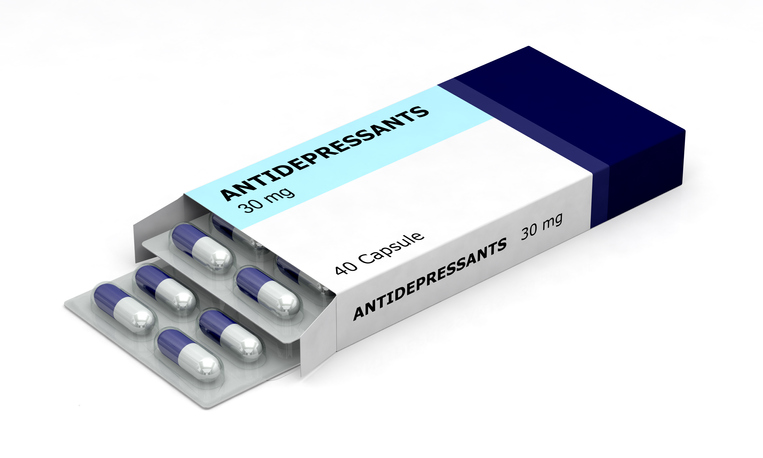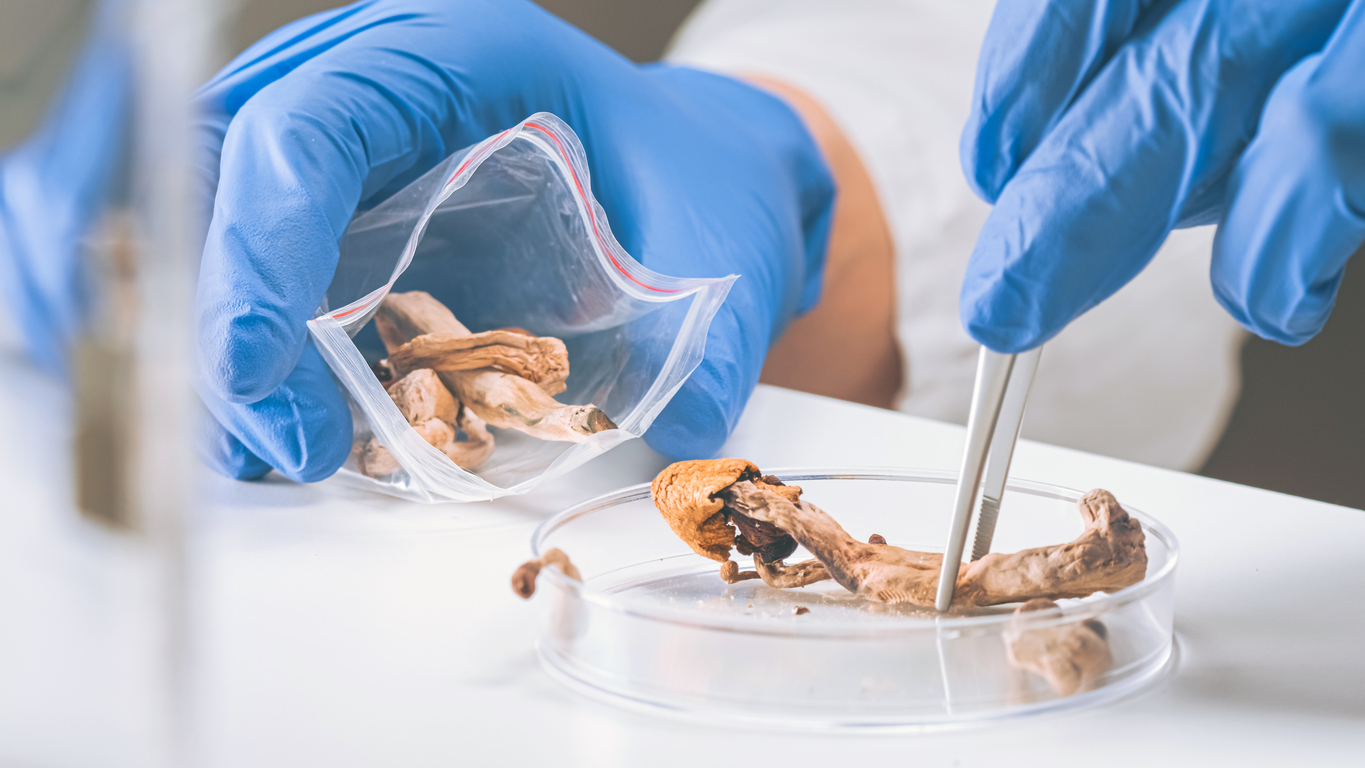Treatments
What Is Serum Sickness?

Serum sickness is a type of hypersensitivity reaction to an antigen (any substance that causes the immune system to develop antibodies to defend itself) in a medication or antiserum. It is similar to an allergic reaction.
Serum sickness occurs when the immune system mistakenly attacks proteins in certain medications or antiserums. An immune response is triggered when the body mistakes these proteins as harmful; immune complexes (antibody and antigen) then form together and can settle in small blood vessels, resulting in symptoms of serum sickness.
Symptoms
Symptoms of serum sickness typically develop from a few days up to three weeks after exposure to an antiserum or medication. However, in some cases, symptoms develop within an hour of exposure.
The three main symptoms of serum sickness are fever, rash, and painful swollen joints. Other symptoms include the following:
- Blurred vision
- Diarrhea
- Flushed skin
- General ill feeling
- Headache
- Hives
- Itchy skin
- Nausea
- Muscle pain and weakness
- Shortness of breath
- Stomach cramping
- Swelling of the face, soft tissues, or lymph nodes
Causes
Antigens associated with serum sickness are typically proteins from animal sources in medications or antiserums. The most common cause of serum sickness is antivenom, which is given to people who have been bitten by a venomous snake. Other possible causes of serum sickness include the following:
- Monoclonal antibodies used to treat autoimmune conditions, such as rheumatoid arthritis, psoriasis, and some types of cancer (Antibodies from mice and other rodents are oftentimes used in monoclonal antibody therapy.)
- Anti-thymocyte globulin, which contains antibodies from horses or rabbits, used to prevent organ rejection after a kidney transplant
- Bee venom injection, which is a complementary treatment for inflammatory conditions and chronic pain
- Medications, such as penicillin, cefaclor and sulfa
- Rituximab, an injected protein used to treat autoimmune diseases and certain cancers
- Blood products
Treatment
Serum sickness typically resolves when exposure to the medication causing the reaction is discontinued. Treatment is aimed at reducing the symptoms associated with serum sickness. A health care provider may suggest medications (e.g., ibuprofen, antihistamines, or corticosteroids) to help manage the symptoms. Topical corticosteroids can help relieve discomfort from the itching caused from the rash. In rare cases, plasma exchange may be required.
Prognosis and complications
The prognosis of serum sickness is excellent. Resolution of symptoms usually occurs within one to two weeks following discontinuation of the offending agent. Serum sickness does not generally cause any long-term complications. However, repeated exposure to the offending agent can result in renal failure or death.



















